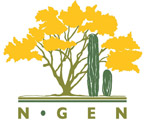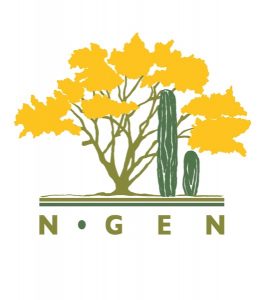N-Gen convened a science communications workshop in the city of Ensenada, Baja California, from December 7-9, 2016. The workshop brought together researchers from natural and social sciences as well as science communicators to engage in interdisciplinary discussion to strengthen the outreach capacity of researchers in the Sonoran Desert and the Gulf of California. Participants created a resolution about the role of scientists today and developed a series of key points to increase dialogue and connectivity between science and society.
The profile of modern scientists should include the communication of our work, taking into account the following:
-
- The challenges of social and environmental change require a new approach and a role for scientists in society. Scientists must leave our comfort zone and actively connect the processes and results of our research with the rest of society.
-
- Scientists are not alone in the implementation of communicating our work. The scientific process must include working in teams to collaborate with experts in science communication
-
- Science communication is the translation of science for different audiences into narratives and clear messages that balance scientific rigor and broad interest.
-
- By communicating science we are sharing our passion.
-
- Broad success in science communication requires open access and resource sharing (videos, infographics, photos, databases, etc.)
-
- This work is not free, and requires both monetary and human capital investments.
-
- Creativity and ethics are essential.
-
- The communication of science implies the inclusion of an inter- or trans-disciplinary perspective, recognizing the limits of the scientific facts and speculation.


